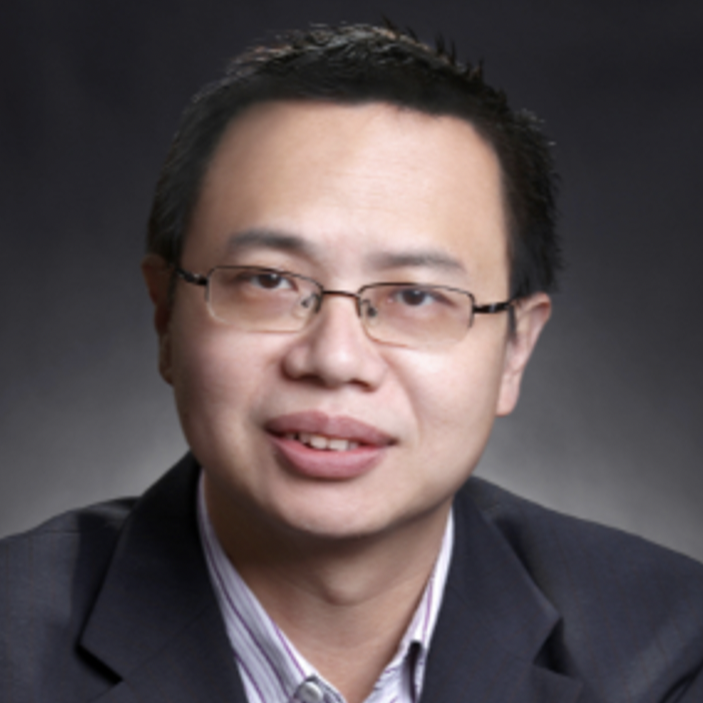Speaker
Xiao Xiang, chair professor at Shanghai Jiao Tong University, recipient of the National Science Fund for Distinguished Young Scholars, and director of the International Center for Deep Life Studies (IC-DLI),
Time
2025.10.22 16:00-17:30
Abstract
Since the 1980s, classical microbiological research centered on model organisms has gradually encountered difficulties: the diversity of microorganisms, the practicality of microbiological research, and the contradiction of establishing a universal genetic system across different microorganisms. In the first decade of this century, microbial genomic research initially addressed the technical bottlenecks in microbiological studies. However, the common "multiple causes for one effect, one cause for multiple effects" phenomenon in deep-sea microbial research remains unexplained, suggesting a theoretical gap. Under the guidance of the original co-adaptation theory, the MEER Project relied on proprietary equipment and technical methods to construct a comprehensive deep-sea microbial database. Leveraging big data, we resolved the long-standing challenge of deep life pressure adaptation, which had perplexed the field for two decades, and mapped the first marine deep ecosystem. The implementation of the MEER Project demonstrates that shifting research paradigms can unlock new opportunities in microbial studies.
Bio
Xiao Xiang, chair professor at Shanghai Jiao Tong University, recipient of the National Science Fund for Distinguished Young Scholars, and director of the International Center for Deep Life Studies (IC-DLI), has been at the forefront of deep-sea microbial research under high pressure since 2001. After over two decades of relentless effort, he established a globally unique comprehensive deep-sea microbial research platform system with independent intellectual property rights. This system includes standardized sample collection and processing procedures for ship-based/submersible-mounted operations, a P-level big data storage and analysis platform with standardized protocols, and a deep-sea environment simulation cultivation platform. As the first and/or corresponding author (including co-authors), he has published 84 papers in journals such as Cell, Nature Microbiology, Nature Communications, Science Advances, and PNAS. In 2021, he jointly initiated the Mariana Trench Environment and Ecology Research Program (MEER, also known as the "Mingyuan Plan"), with four Phase I research outcomes published as a cover issue in the journal Cell in 2025.

